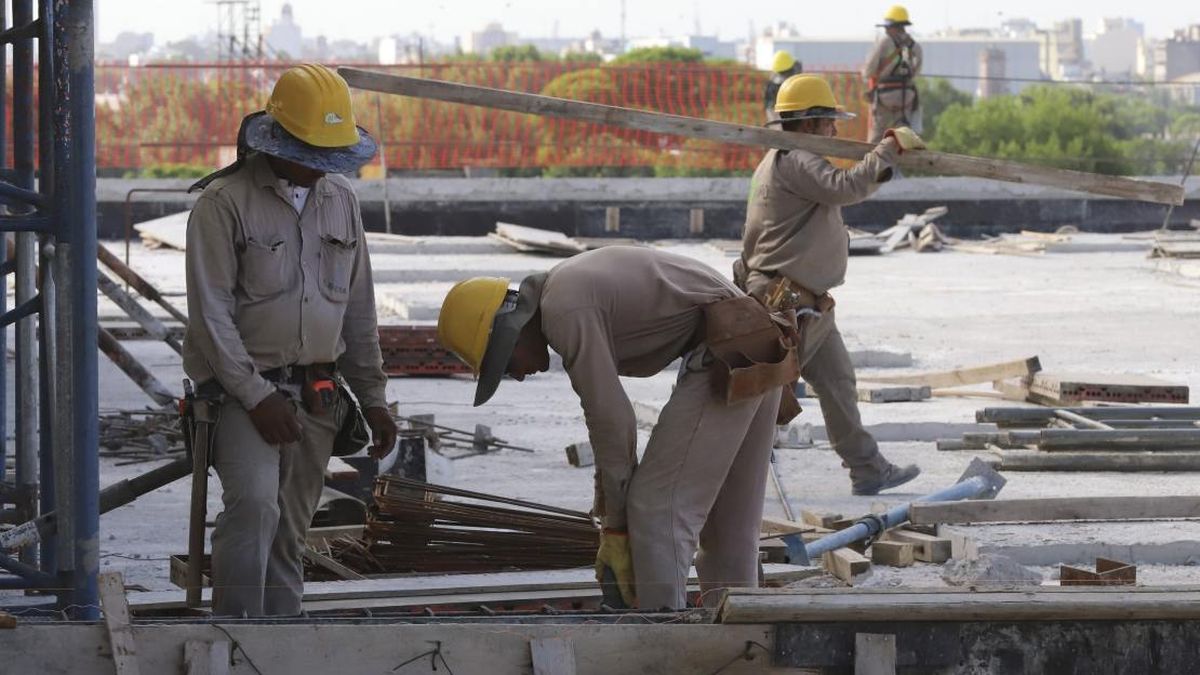It becomes essential to modify the rules of collective bargaining and allow companies, with the agreement of their workers, to disassociate themselves from sectoral agreements to adapt their labor relations to contemporary reality.
Although it is expected that the labor reform advance through collective bargaining between business chambers and unions central, the truth is that the collective agreements They have not been updated for decades, with few exceptions. Enabling companies to disassociate themselves from sectoral agreements to conclude their own agreements would significantly facilitate the scenario.
The content you want to access is exclusive to subscribers.
US support is not enough to completely dispel uncertainty. Among the factors that generate distrust, one of the most relevant is the ability to improve administrative and political management. In particular, it is key to reach consensus with part of the opposition to maintain fiscal discipline and advance structural reforms.


The Ministry of Deregulation urged employers to agree with the unions on the creation of severance funds to replace the traditional compensation. provided for in the Employment Contract Law, as established in the Base Law. Likewise, it was proposed that collective bargaining be carried out at the regional level—and not national—in order to adapt labor regulations to geographical differences in productivity.
Now, it is worth asking what real possibilities exist for labor reform to be achieved through collective bargaining under the current legal scheme. According to the National Ministry of Labor, by 2025 it is expected that 64% of private employees registered under an agreement will be governed by collective activity agreements signed by just 17 central unions. Another 32% do so under 595 agreements signed at the branch, region or occupation level. Only 4% of workers are covered by a company collective agreement.
Pretending that labor modernization arises from collective bargaining is unviable.
In summary, the Argentine collective bargaining system is extremely centralized: two-thirds of registered workers are governed by activity agreements signed by 17 unions, of which 11 were negotiated in the last century—most in the 1970s and 1980s, and some in the 90s. At the opposite extreme, a tiny portion is governed by company agreements, signed by just 725 employers out of a total of close to half a million formal signatures.
The current scheme maintains the validity of the agreements due to the principle of “ultraactivity”, so that the agreements signed decades ago between business and union leaders continue to be mandatory for all workers in the sector, branch or occupation. Consequently, there are no incentives for its renewal. The parity agreements are limited to the periodic updating of salary scales, while the rest of the conventional clauses remain unchanged. Under these conditions, expecting labor modernization to arise from collective bargaining is unfeasible.
Therefore, It becomes essential to modify the rules of collective bargaining. The most practical way is to allow companies—with the agreement of their workers—to disassociate themselves from sectoral agreements. That is, establish an order of priority in which company agreements have preeminence over activity agreements.
In short, what is appropriate is to support the initiative that proposes regulating a mechanism so that companies, through agreement with their workers, can disengage from the old sectoral collective agreements and adapt their labor relations to contemporary reality.
Professor at the University of CEMA.
Source: Ambito
David William is a talented author who has made a name for himself in the world of writing. He is a professional author who writes on a wide range of topics, from general interest to opinion news. David is currently working as a writer at 24 hours worlds where he brings his unique perspective and in-depth research to his articles, making them both informative and engaging.




